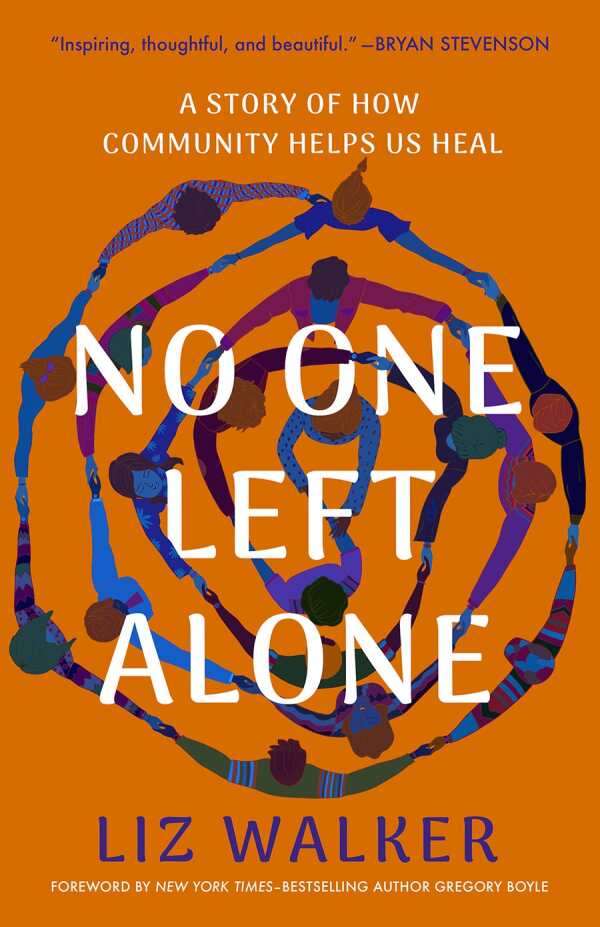No One Left Alone
A Story of How Community Helps Us Heal
Liz Walker’s thought-provoking memoir No One Left Alone is about the inequity of trauma and grief in Black communities.
Walker became a Presbyterian pastor in Roxbury, Massachusetts—an urban Black community—three years after the death of Cory Johnson. Johnson’s family was a fixture in her church; his murder had a traumatic effect on the entire neighborhood. Johnson’s story is used to illustrate collective grief in underserved Black communities in the US. An initiative entitled Can We Talk… was launched to bring trauma education and mental health resources to Roxbury. It was through the Can We Talk… program that Walker was able to process her own childhood trauma of losing her father, paired with the violence she experienced when she was forced to desegregate a Little Rock public high school.
The book’s interwoven stories demonstrate how the healing that began with Cory Johnson’s family permeates all the participants of the Can We Talk… program, making related tragedies palpable. Sociological data is used to show how the history of oppression and violence perpetrated against Black Americans results in an extraordinary amount of trauma: “The grief that Black people in the United States share has its own peculiar scope, as a collective response to an excessive loss of life, justice, and joy—the constant burden of oppression.” Kai Erickson was the first social scientist to study the difference between individual trauma and collective trauma, Walker notes. No One Left Alone analyzes communal grief due to racism in Black American communities, resulting in vivid insights.
No One Left Alone is a compelling community leader’s memoir that promotes healing through attentiveness to those experiencing trauma.
Reviewed by
Paige Soto
Disclosure: This article is not an endorsement, but a review. The publisher of this book provided free copies of the book to have their book reviewed by a professional reviewer. No fee was paid by the publisher for this review. Foreword Reviews only recommends books that we love. Foreword Magazine, Inc. is disclosing this in accordance with the Federal Trade Commission’s 16 CFR, Part 255.

